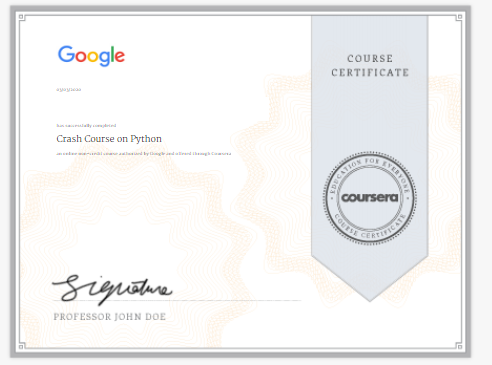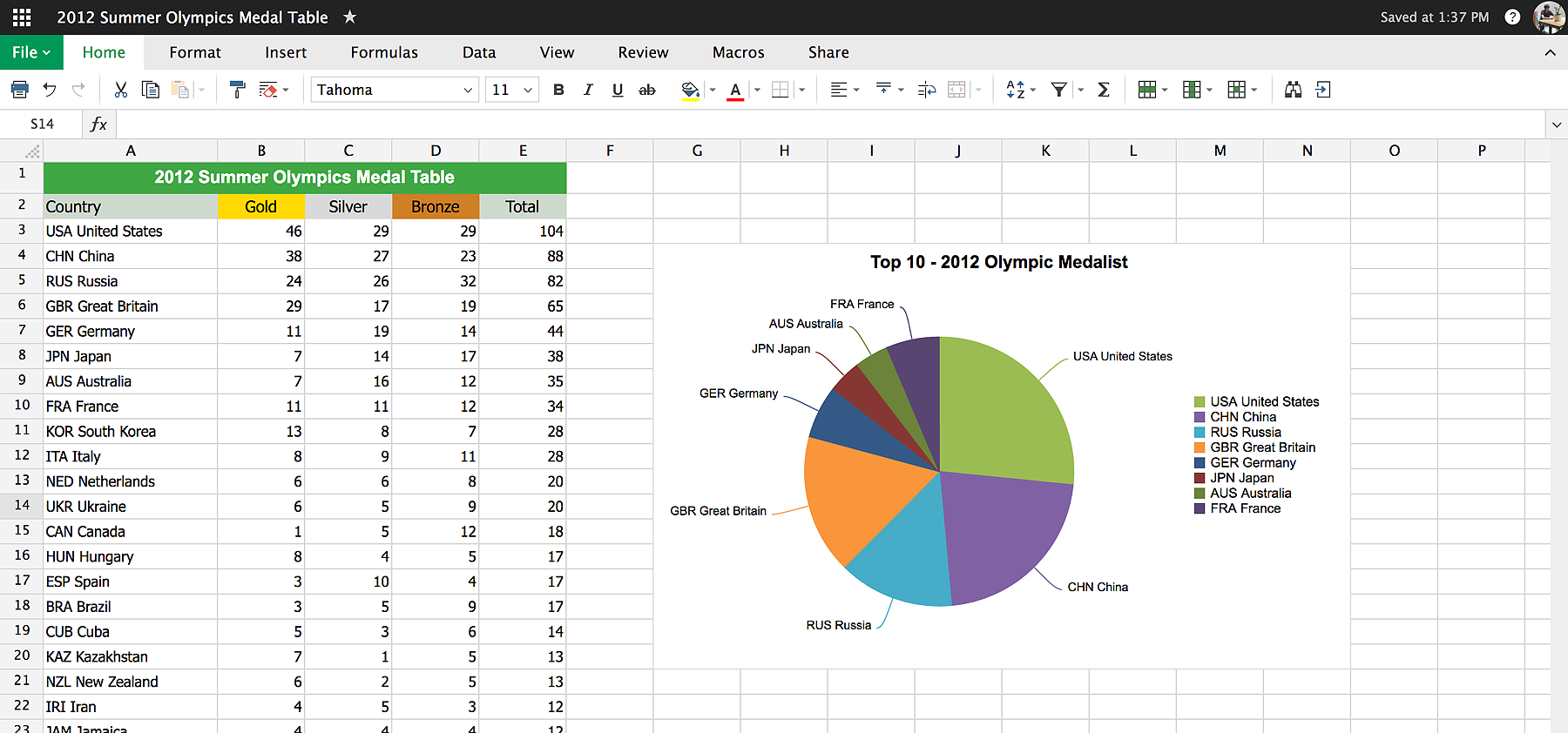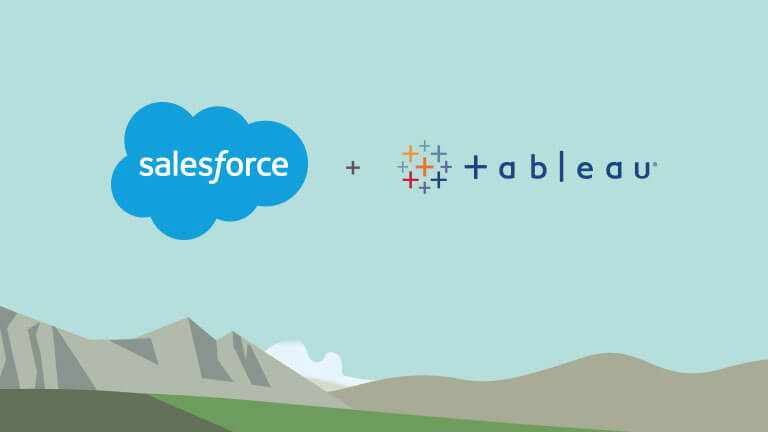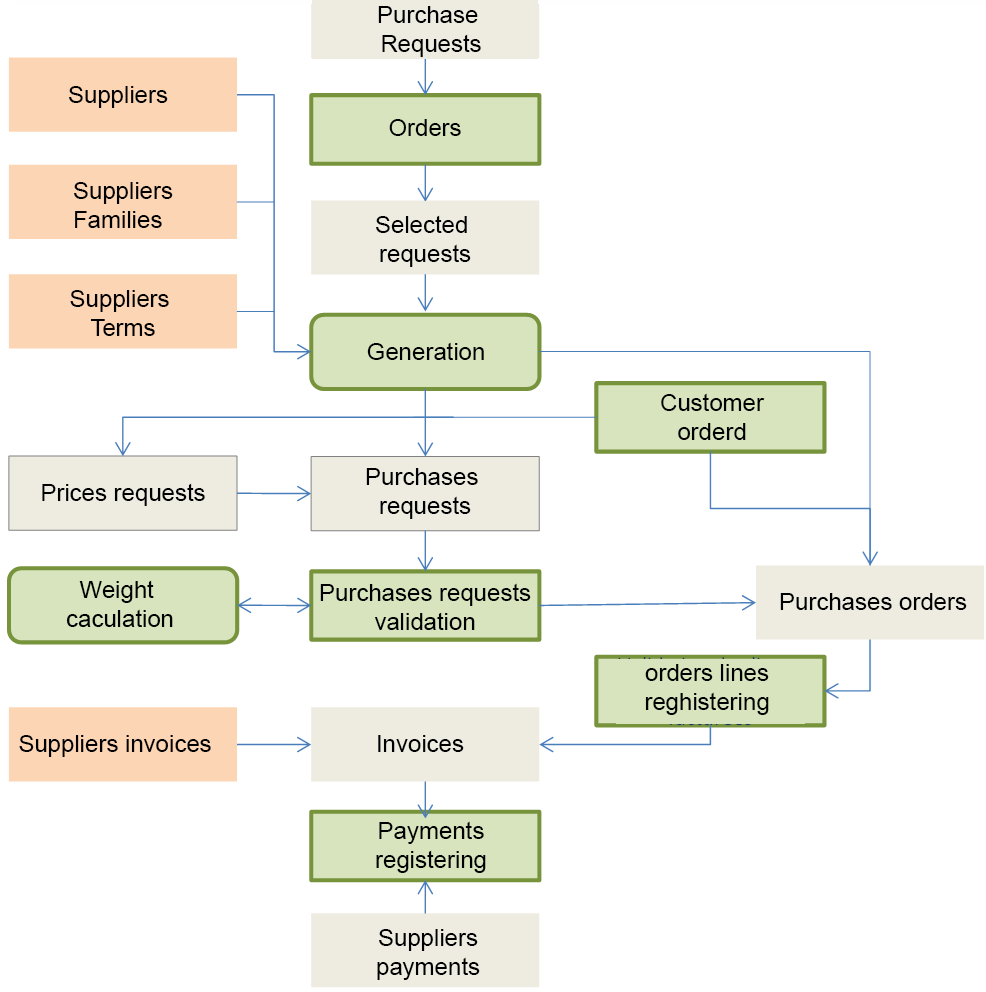Data Science is a combination of multiple disciplines Mathematics Statistics Computer Science Information Science Machine Learning and Artificial Intelligence. From the previous two sections its obvious that data science and statistics have a lot in common while ultimately being different.
Statistics Vs Data Science Vs Bi Smartdata Collective
In a single day 25 quintillion bytes of data are created.

Data science vs statistics. How Data Driven Software DDS Will Empower the Intelligent Enterprise. Now let us discuss the differences between these roles. Data analytics skills are in high demand making data science and statistics degrees appealing for those with an interest in math statistics and problem-solving.
Statistics is primarily a theoretical discipline which builds tools for making sense of data and acting under uncertainty. The type of professionals best equipped to make use of this data between those with a Masters in Data Science or Applied Statistics degree is hotly debated. However data scientists need to be familiar with statistics among other areasIn some cases people with a background or education in statistics can gain additional knowledge through a degree program or job training and begin a data science career.
The idea not the literal string. Data scientists on the other hand design and construct new processes for data modeling. Data scientists use statistical analysis.
Data analysts examine large data sets to identify trends develop charts and create visual presentations to help businesses make more strategic decisions. Machine Learning in Data Mining is used more in pattern recognition while in Data Science. Even the origin of the term is up for debate.
Masters in Applied Statistics vs Data Science. Some activities under Data Mining such as statistical analysis writing data flows and pattern recognition can intersect with Data Science. According to Glass Door the national average salary for a data scientist is 118709 compared to 75069 for statisticians.
Data Analytics vs. We point to a few sources for developing17 both the literal string and the broader idea data science Tukey 1962. Data science however is often understood as a broader task-driven and computationally-oriented version of statistics.
Statistics is a branch of science. I think data-scientist is a sexed up term for a statistician Silver told an audience of statisticians in 2013 at the Joint Statistical Meeting. The Last Mile in Big Data.
They are also more lucrative. Data science combines multi-disciplinary fields and computing to interpret data for decision making whereas statistics refers to mathematical analysis which use quantified models to. Data scientist is slightly redundant in some way and people shouldnt berate the term statistician.
Data science is a subset of statistics15 while others argue statistics is a subset of data science16 Academic funding and egos play a non-trivial role in the controversy. A statistics degree may be ideal for those with a specific interest in mathematics as well as a potential interest in working in a government or university setting conducting research. Data science and statistics have many similarities and differences.
Data science jobs are not just more common that statistics jobs. Data science is the business of learning from data which is traditionally the business of statistics. A data scientist is someone who is better at statistics than any software engineer and better at software engineering than any statistician In a more serious light data science is often defined.
It includes concepts like data mining data inference predictive modeling and ML algorithm development to extract patterns from complex datasets and transform them into actionable business strategies. Hence Data Mining becomes a subset of Data Science. Data science is the combination of statistics mathematics programming problem-solving capturing data in ingenious ways the ability to look at things differently and the activity of cleansing preparing and aligning data.
Arguments over the differences between data science and statistics can become contentious. This umbrella term includes various techniques that are used when extracting insights and information from data. So here are the main differences between them mainly consisting of those new technologies.
Data is the new oil of the digital economy. However there are key differences. The Cloud Data Integration Primer.
For one Statisticians have been around much longer than Data Scientists which implies that the difference may be in new technologies. While data analysts and data scientists both work with data the main difference lies in what they do with it. Both the term data science and the broader idea it conveys have origins in statistics and are a reaction to a narrower view of.












